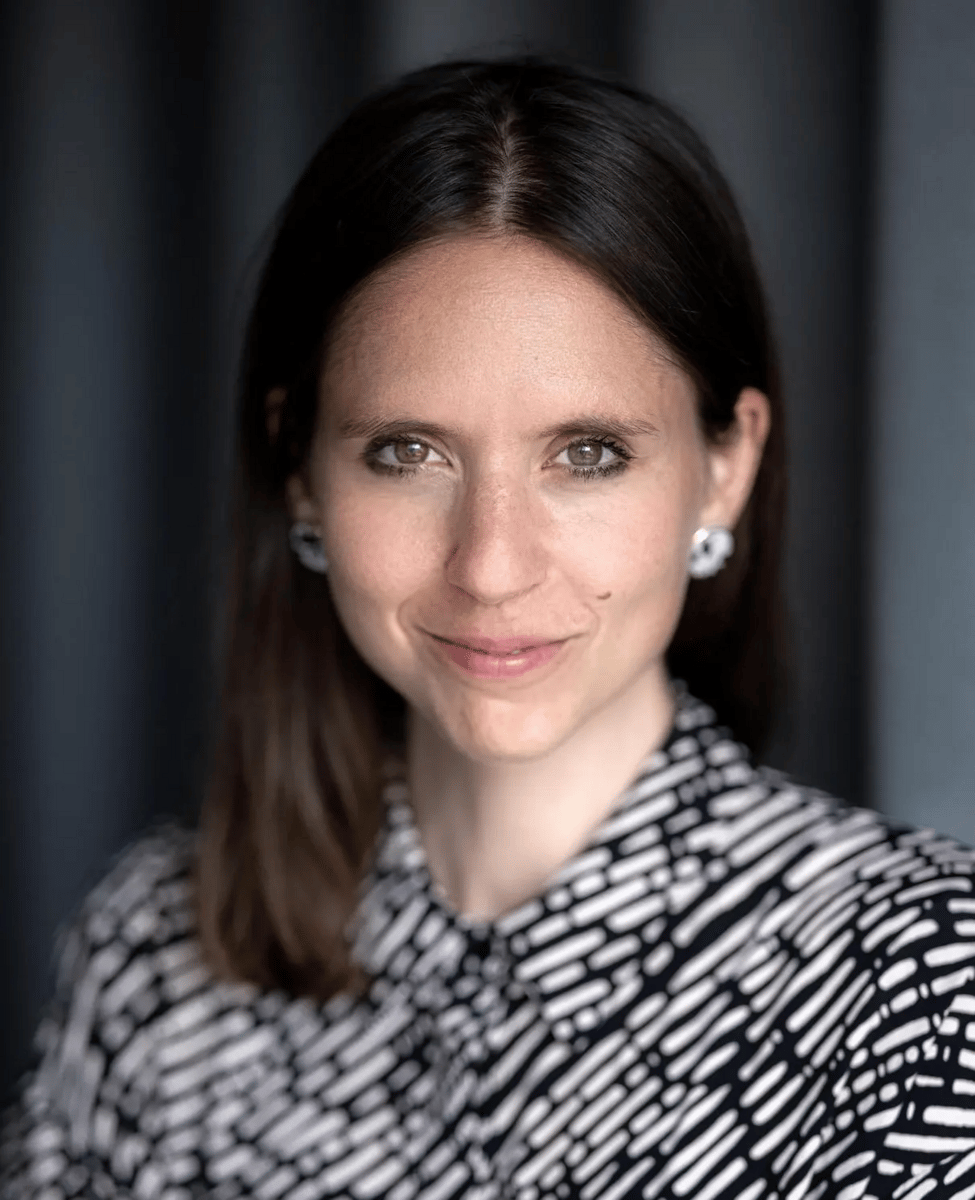Dear hustlers, founders, operators and visionaries,
If you think angel investing is just about writing checks, think again. In this deeply insightful conversation, Dr. Thomas Dübendorfer pulls back the curtain on what really makes the early-stage startup ecosystem work, and where it breaks.
Thomas dives into the founder’s playbook: when to bring angels in, what smart cap tables look like at seed, and how to activate investor networks without creating founder burnout. With Europe’s angel landscape maturing rapidly, his reflections offer clarity in an often noisy space.
In the meantime: Follow the Gradient and stay tuned!
PS: Has this e-mail been forwarded to you? Sign up here.
How to work with angel investors
What you will get out of this episode
In our conversation, Thomas shares:
How to avoid the most common mistakes first-time angel investors make
How to identify the right moment and right angel for your startup journey
Why angels matter in the critical gap between friends & family and VC funding
How to build a smart, strategic, and founder-friendly cap table from day one
and much more!
Our main take away’s
First-time angels often jump in too fast and too deep: Without a portfolio strategy, many new investors overcommit to early deals and neglect fundamental checks like founder alignment or financial diligence. Thomas’ first deal was a lucky win, but he’s clear that luck isn’t a strategy.
The difference between financing a product and backing a business is real, and fatal if missed: When founders can’t articulate customer value or a go-to-market path, they may be pitching a cool idea, not a company. Angels must learn to spot this early to avoid dead-end investments.
Europe’s angel ecosystem has leveled up significantly: What used to be fragmented is now connected: cross-border clubs, shared platforms, and structured networks like SICTIC are helping angels scale smarter and share deal flow across the continent.
Founders should see angels as partners, not just money: From choosing angels who bring relevant networks, to activating them effectively post-investment, the relationship works best when both sides communicate clearly and often. A cap table full of disengaged small investors? That’s a red flag for future chaos.
Failure isn’t always about bad execution, it’s often about external risk and misfit: Thomas’ stories of failed startups show how fragile even good ideas can be when dependencies (like data sources or regulatory frameworks) shift. Knowing when to walk away, legally and emotionally, is part of founder maturity.
Fundraising doesn’t end with a yes, it ends when the money is in the bank: This simple yet often overlooked truth underscores a broader theme: in both investing and building, the details matter. Execution trumps intention every time.
Additional material
From our Partners
Startups who switch to Intercom can save up to $12,000/year
Startups who read beehiiv can receive a 90% discount on Intercom's AI-first customer service platform, plus Fin—the #1 AI agent for customer service—free for a full year.
That's like having a full-time human support agent at no cost.
What’s included?
6 Advanced Seats
Fin Copilot for free
300 Fin Resolutions per month
Who’s eligible?
Intercom’s program is for high-growth, high-potential companies that are:
Up to series A (including A)
Currently not an Intercom customer
Up to 15 employees
How to reach out to Thomas
Exclusive from Thomas
Looking back at your 40+ direct angel investments: what were the most underestimated factors for long-term success?
Investing with co-investors that have a different business network and insights into markets I don't have.
Joining the board and push for product-market fit as early as possible.
Make sure to separate strategy (board) from execution (management) by writing it down.
Scale as soon as you have a product that customers buy.
What questions should you ask an angel in order to know whether s/he is the right fit for your startup and truly adding value?
What can you help us in addition to your cash investment?
What is success for you?
If a startup I am backing solves a big challenge and improves many people's lives.
What books, podcasts, articles inspired you?
Disciplined Entrepreneurship book by Bill Aulet, Swisspreneur podcast.
What’s one advice, founders should actually ignore?
Only do things which you know that they work well.
What are habits, activities or rituals that keep you sane (while supporting so many startups on their scaling journey)?
Spending quality time with your family members. Don't work more than two hours without a short break. Taking a 12 minute power nap during the day is amazing but you need routine to make it work. Don't forget that your brain needs a healthy body.
What is one “growth hack” that has/had a positive impact on you or the companies you co-founded or are invested in?
Be responsive. Avoid regular meetings that have no tangible outcomes.
Speak up if you don't understand something in a meeting.
Ask uneasy questions early and challenge assumptions.
Don't be shy to say no.
Work with people that are smarter than you or that you can learn from.

Follow the Gradient is a weekly newsletter and podcast by the serial founders Melanie Gabriel & Christian Woese about how to build a business from Europe while staying sane.












